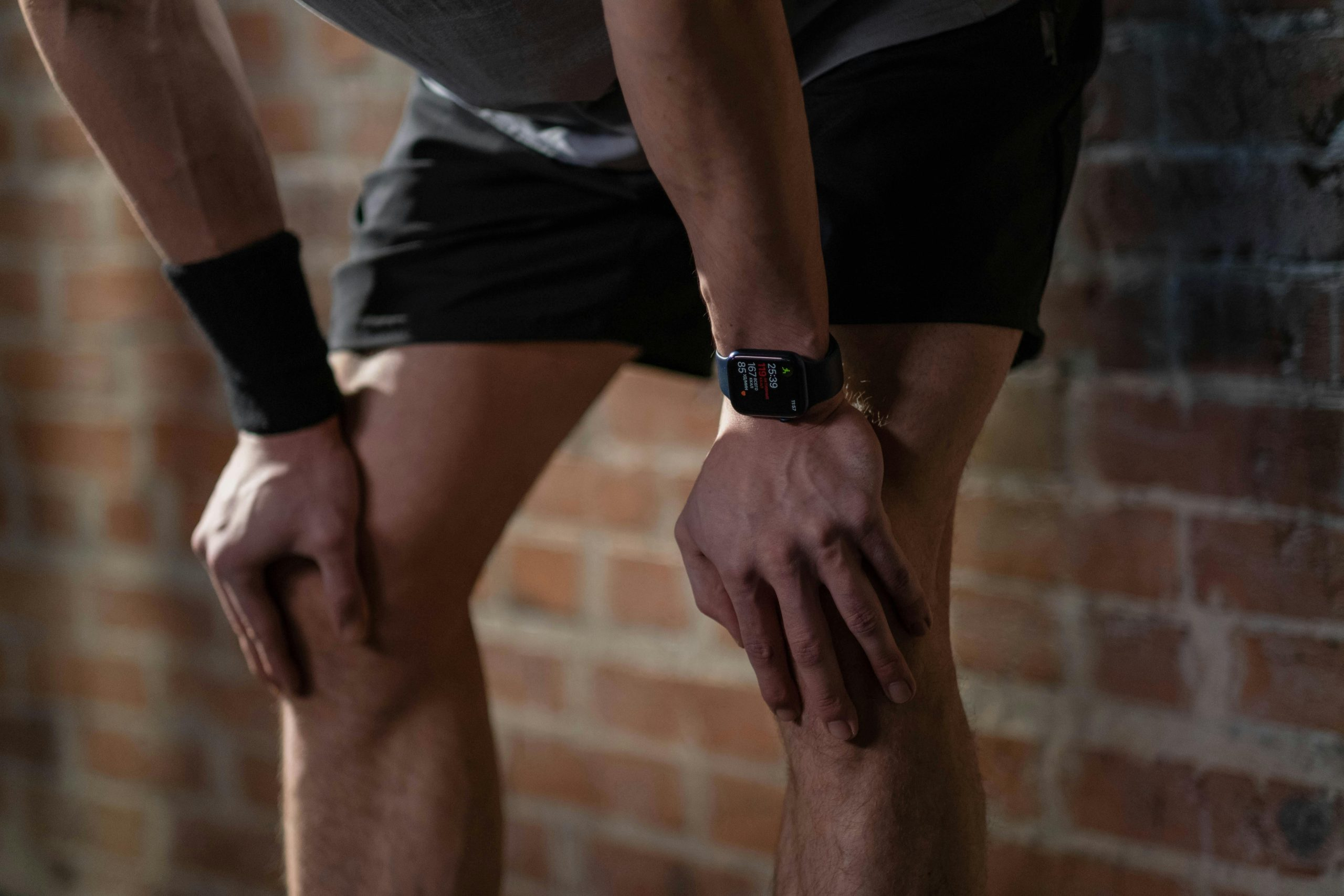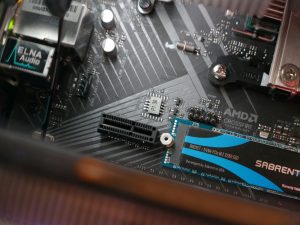The Impact of Wearable Tech on Personal Health Monitoring
In today’s fast-paced digital world, technology has become an integral part of our daily lives. From smartphones to smart homes, technology has revolutionized the way we live, work, and interact with the world around us. One of the most significant advancements in technology, particularly in the healthcare industry, is the development of wearable technology. Wearable tech has come a long way from being a mere fashion statement to being a powerful tool for personal health monitoring. In this article, we will explore the impact of wearable tech on personal health monitoring and how it is changing the face of healthcare in the 21st century.
The Rise of Wearable Tech
Wearable technology refers to any electronic device or product that can be worn on the body and has the ability to connect to the internet or other devices for data exchange. These devices can be worn as accessories or embedded in clothing, such as smartwatches, fitness trackers, and even smart clothing. The concept of wearable tech originated in the 1950s but gained popularity in the 2010s with the launch of fitness trackers and smartwatches by tech giants like Apple and Fitbit.
The global market for wearable technology is expected to reach a whopping $74 billion by 2025, with health and fitness tracking being a significant driver of this growth. People are increasingly turning to wearable tech to monitor their health, track their fitness goals, and improve their overall well-being.
The Impact on Personal Health Monitoring
Real-Time Tracking and Monitoring
One of the most significant impacts of wearable tech on personal health monitoring is the ability to track and monitor health in real-time. With the help of sensors, these devices can collect data such as heart rate, blood pressure, and sleep patterns. This data is then synced to a smartphone or computer, providing users with up-to-date information about their health. This real-time tracking allows individuals to identify potential health issues before they escalate, leading to early intervention and prevention of diseases.
Promoting Health and Wellness
Wearable tech is not just limited to monitoring health but also promoting it. Many wearable devices come with features that encourage users to lead a more active lifestyle. With the help of activity and sleep tracking, these devices track the user’s physical activity levels and provide insights on how to improve their overall well-being. Some devices also come with reminders to move and drink water, helping individuals stay hydrated and active throughout the day.
The Benefits for Healthcare Providers
The impact of wearable tech on personal health monitoring goes beyond individual users. It also has significant benefits for the healthcare industry as a whole. With wearable devices collecting real-time data, healthcare providers can access accurate and timely information about their patients. This data can help them make more informed decisions about treatment plans and monitor patients’ progress remotely, reducing the need for frequent hospital visits.
Wearable tech also allows for remote patient monitoring, especially for those with chronic conditions. With the help of wearable devices, healthcare providers can keep track of their patients’ health and intervene if necessary, reducing hospital readmissions and improving patient outcomes.
The Future of Personal Health Monitoring with Wearable Tech
As technology continues to advance, the potential of wearable tech for personal health monitoring is only set to grow. The integration of artificial intelligence and machine learning algorithms into wearable devices will enable them to provide personalized health recommendations and predict potential health issues accurately.
Wearable tech is also being increasingly integrated with telehealth services, allowing patients to have virtual consultations with healthcare providers and receive personalized treatment plans. This integration will make healthcare more accessible and convenient, particularly for those in remote or underserved areas.
In Conclusion
The impact of wearable tech on personal health monitoring is undeniable. From real-time tracking and promoting health and wellness to its benefits for healthcare providers, wearable devices have transformed the way we monitor and manage our health. As technology continues to evolve, the potential for wearable tech in the healthcare industry is limitless. It is safe to say that wearable tech is here to stay and will play a significant role in shaping the future of healthcare.










